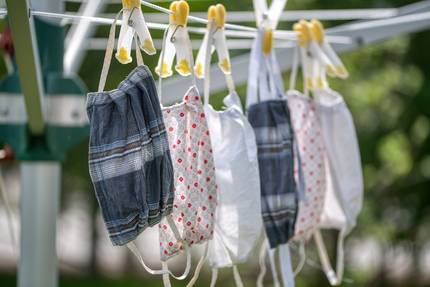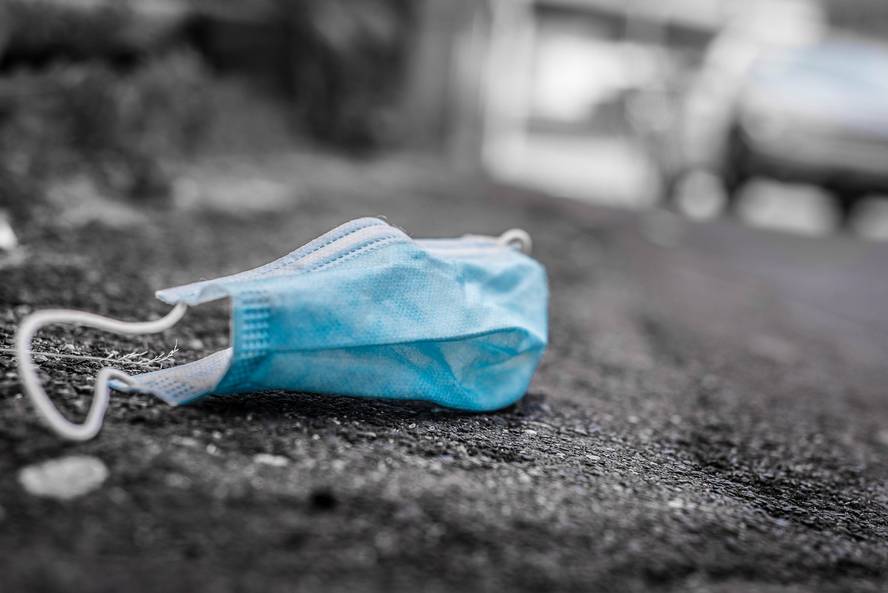Every year, 1.5 trillion kisses will be needed in the world, with the exception of active policies to promote reusable
Researchers at the University of Portsmouth (UK) have reported that the COVID pandemic -19 has been responded by governments on the basis of human health protection criteria, but that a serious environmental problem has arisen. Legislation and government councils have encouraged the use of personal protective materials, but have not taken into account the problem that has generated the consumption of single-use material. As a result, millions of kisses of non-recyclable polymers, gloves and disinfectant wipes have accumulated both in landfills and on the street.

To quantify the environmental problem, the garbage collected in eleven countries of the world between March and November 2020 has been analyzed: Australia, Belgium, Canada, France, Germany, Netherlands, New Zealand, Spain, Sweden, United Kingdom and USA. The United Kingdom has been the most serious of all cases: mus have reached 6% of total rubbish, gloves 1.5% and disinfectant wipes 1.5%. At the other extreme is Sweden, which spent months without generating any foundation related to CO-19. According to the researchers, the current legislation of each country has been the main conditioning factor for the generation of garbage from COVID -19: for example, whether the use of kiss has been compulsory and whether the movement of people has been reduced.
However, there are some general trends: at the beginning of the pandemic gloves were the most widely used, and when WHO reported that the virus was transmitted mainly through aerosols (not touching surfaces, as was initially thought), the use of kisses increased and decreased the use of gloves. Consequently, the presence of kisses has increased 84 times in the trash, reaching 0.8% of the total.
Call for responsible policies
Researchers have said that policies must be implemented that prioritize the problem of data waste, and that reusable kisses must be encouraged. An attempt has been made to foresee the consequences of not doing so: In the United Kingdom, for example, 24 billion kisses will be needed each year to deal with the pandemic. Globally, 1.5 trillions.






